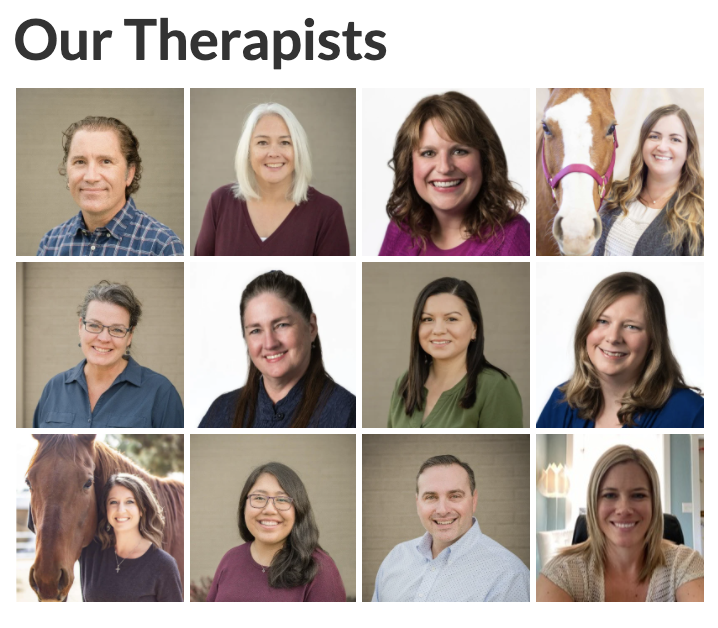How Equine Therapy Can Help Kids Cope with Trauma
The statistics on childhood trauma are staggering. More than two-thirds of children experience at least one traumatic episode by their sixteenth birthday. Every year, children face tremendous rates of abuse, neglect, and emotional turmoil. Unfortunately, most of them don’t receive the help or support they need.
Trauma treatment can help children and adolescents cope with their experiences and feelings. Moreover, equine therapy shows promising results for treating a variety of trauma-related issues. Let’s get into what you need to know.
Understanding Trauma and Its Impact
There are many kinds of traumatic events, but some well-known ones include:
- Physical violence
- Sexual abuse and rape
- Natural disasters
- Witnessing or experiencing domestic violence
- Community violence
- Severe, life-threatening medical conditions
- Neglect
- Refugee and war experiences
Trauma can profoundly impact brain development in that it can affect the stress response in the amygdala, prefrontal cortex, and hippocampus. These regions are associated with mood, processing, and emotional regulation. Disruptions in this communication can lead to PTSD symptoms, including:
- Hypervigilance (exaggerated startle response)
- Anger and aggression
- Low self-esteem
- Avoidance behaviors
- Excess guilt and rumination over what happened
- Nightmares
- Flashbacks and panic attacks
When left untreated, PTSD symptoms can increase the risk of other issues like depression, substance use, low self-esteem, self-harm, and eating disorders. Many times, trauma is one of the key variables in predicting mental health problems.
How Equine Therapy Can Help with Trauma
Coping with trauma isn’t just merely talking about the trauma. It’s also not just learning new coping skills or reframing what happened to you. Trauma work can be complicated, and the healing isn’t always straightforward.
Interactions between a horse and the client can sometimes even be nonverbal. However, this nonverbal exchange is profoundly powerful. The client may learn more about themselves, tap into internal resources, and gather a greater sense of strength and self-empowerment in this work. In interacting with the horse, they may see parts of themselves, and by seeing these parts of themselves they may feel deeper compassion and forgiveness.
Traditional trauma-focused therapy may not have worked for some young people in the past. Some clients struggle to talk about how they feel in such a straightforward way. Equine therapy focuses more on relationship building and self-awareness, which is the inherent beauty of taking on a more experiential approach. For people struggling with trauma symptoms, this can be a powerful way of working through their distress.
Related Articles:
Equine Therapy Can Complement Other Therapies
Trauma is a multifaceted and complex issue. Many times, people benefit from a comprehensive treatment plan to help reduce their symptom intensity.
Some clients engage in equine therapy in addition to other treatment methods, like EMDR, talk therapy, medication, or group therapy. This experiential approach may allow them to tap into thoughts or emotions they may have otherwise overlooked or disregarded.
Sources
- https://www.samhsa.gov/child-trauma/understanding-child-trauma
- https://www.ncbi.nlm.nih.gov/pmc/articles/PMC3181836/#:~:text=Brain%20areas%20implicated%20in%20the,norepinephrine%20responses%20to%20subsequent%20stressors


